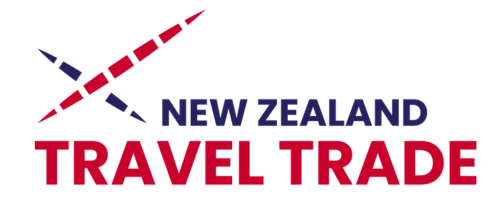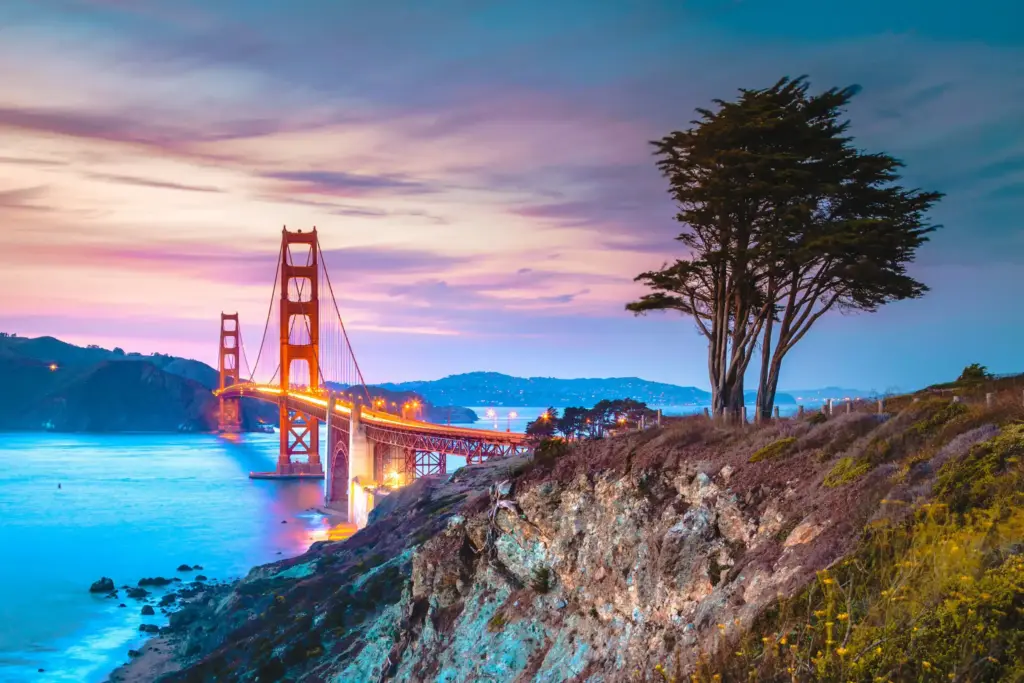Fear, negative perceptions and rising visa costs are emerging as major brakes on international travel to the United States, according to US Travel Association President and CEO Geoff Freeman.
Speaking at the Phocuswright Conference, Freeman described the latest US government shutdown as “borderline criminal”, arguing it undermined consumer confidence and holiday bookings. He called on Congress to shield critical frontline staff from future shutdowns, saying air traffic controllers and TSA officers should be exempt to protect the travel system.
Freeman acknowledged that the Trump administration has taken some positive steps – including a US$13 billion commitment to modernise air traffic control and efforts to reduce visa wait times – but said inbound travel numbers are still moving in the wrong direction. “The US will be the only nation in the world this year to see a reduction in travel,” he warned, pointing to a sharp drop in Canadian visitors and mixed performance across Europe and Latin America.
He said fear has become “the new barrier” to travel, with some prospective visitors now treating trips to the US the way many Americans once viewed travel to China – concerned about device searches, questioning at the border and the risk of detention. “People are now thinking about coming to the US the way many of us thought about going to China – wiping devices, fearing detention. That’s really concerning.”
Freeman also highlighted the funding squeeze facing Brand USA, the destination marketing body, which has seen its budget cut by US$80 million. While bipartisan moves are under way to restore some of that funding, he cautioned that marketing alone cannot fix deeper issues around welcome and perception. “Travellers know we have beautiful attractions. What they don’t know is that they’re welcome.”
Freeman warned that these missteps are pushing travellers towards rival destinations. “We don’t understand that we are in a competition. Other countries are removing visa requirements, streamlining customs. We’re not nearly as dedicated to the competition as they are.”
For New Zealand travel advisors selling the US, his comments underscore a shifting landscape: stronger demand from clients will have to be balanced against higher costs, longer lead times on visas and the need to reassure travellers around safety, entry procedures and the overall welcome they can expect on arrival.


